Table of Contents
ToggleThe Preamble
We the People of the United States, in Order to form a more perfect Union, establish Justice, insure domestic Tranquility, provide for the common defence, promote the general Welfare, and secure the Blessings of Liberty to ourselves and our Posterity, do ordain and establish this Constitution for the United States of America.
The Preamble
The framers of the United States Constitution sought to construct a document that would clarify their intention to break away from the crown of England.
They wanted to establish a rule of law that honored the sovereignty of the individual rather than a central monarchy or ruling elite.
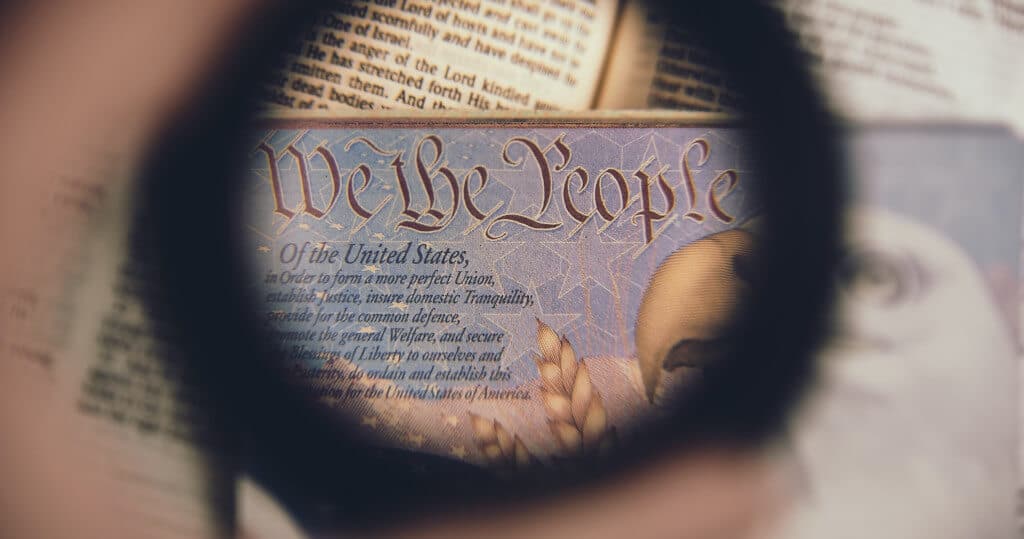
This point is made clear from the constitution’s introduction, also known as the “preamble.”
“We the People of the United States”
This introduction consists of the most well-known words of the United States Constitution. The document would take the fledgling American government from a confederacy to a single union with a shared vision and purpose.
What Does the Preamble Do?
The purpose of the constitution’s preamble is to declare its authors’ intent to establish a “more perfect” union.
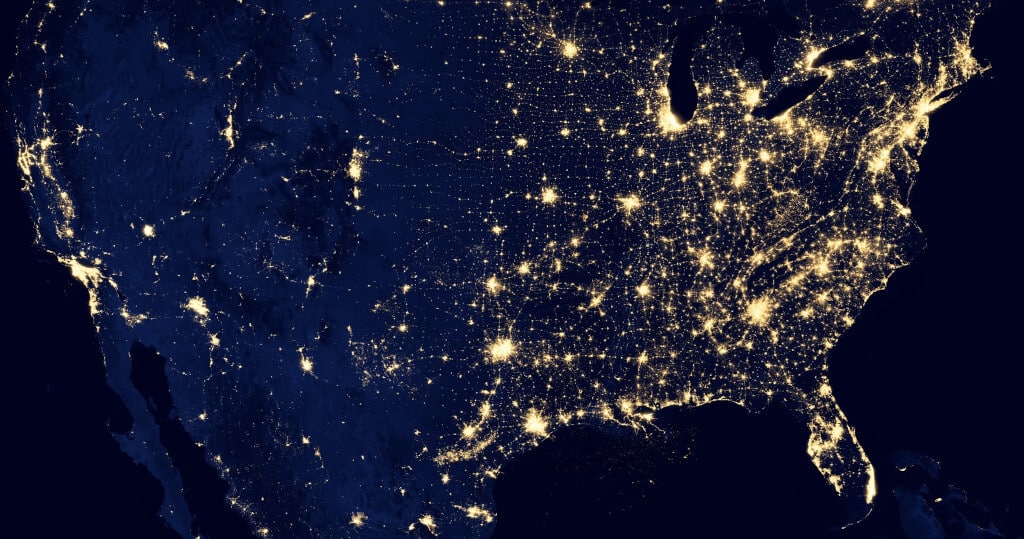
This union would replace the fragmented and often disordered confederacy that existed before the writing and ratification of the Constitution.
Is the Constitution a Legal Document?
The constitution can rightly be considered a legal document for how the United States government functions.
The preamble exists not as part of the core framework itself but as an introduction that clearly states the nature and intentions of the document.
The preamble itself is not considered a law.

Many other contemporary documents began with a statement of authority on behalf of a king, lord, or deity. The United States Constitution was unique for its choice of wording as “We the People.”
Today, this could be seen as ironic, as at the time, only approximately 15 percent of the adult white male population had the right to vote.
Also, while 12 of the 13 states attended the Philadelphia Constitutional Convention, where the constitution would be put forward, notably absent from the assembly, Rhode Island refused to participate.
Does the Preamble Imply the US Is a Democracy?
At first glance, one may assume that the use of the preamble, “We the People,” establishes the United States government as a democracy.
However, that’s not the case. The word “democracy” or “democratic” is not found in the Constitution.

The Founding Fathers would likely consider themselves republicans before calling themselves democrats, which was more closely associated with the French at the time.
As John Adams put forward his vision for the young federal government, it would be one where all people and citizens were equally subject to laws.
This idea varies widely from a populist democracy, of which Andrew Jackson was an early champion, where the majority rule would most often prevail with minimal counterbalance or restraint.
Ruled by Law
Rather than being ruled by a king or monarchy, as Great Britain was under King George III, the Founding Fathers, as free individuals, would be governed by law applied equally among the political class, common person, and magistrates.

This is reflected in the words of the preamble, “and secure the Blessings of Liberty to ourselves and our Posterity,” indicating that the basis of sound law draws upon the progress of the Magna Carta, natural law, and the consent of the governed.
Provide for the Common Defence
Before writing the Constitution, America’s untamed land was a “wild west” environment. No national court system existed.
The common defense was left to private citizens who were often under assault by rogue native elements and foreign enemies.
Furthermore, states often competed for resources and political interests whenever they intersected, putting them at odds with one another and making it challenging to manage legal matters effectively.
Establishing justice
The preamble makes clear these issues in its wording that the constitution would be intended to “establish Justice, insure domestic Tranquility, provide for the common defense, promote the general welfare.”
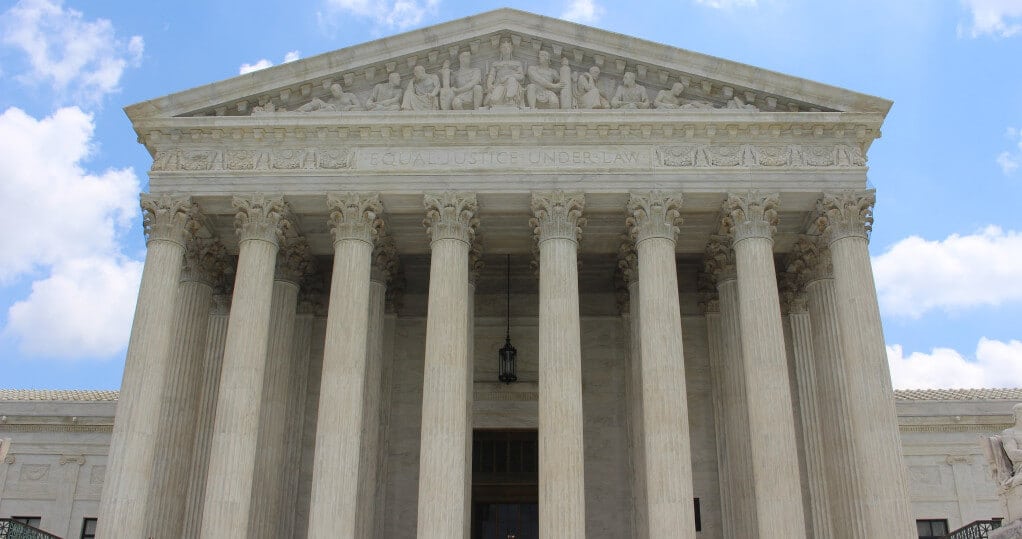
Under the previous model of government, each state was sovereign, individual, and left to itself.
Establishing a constitution that would become the supreme ruling law of the land helped solve many of the problems that had previously beleaguered the young nation during its formative years.
The Constitution vs. Articles of Confederation
The preamble states unambiguously that one of the main goals of the Constitution was to rectify these issues left unattended by the Articles of Confederation.
“In order to form a more perfect union…”
This implies the progress that the constitution would put forward, both in establishing a national government that transcended state lines and laying a foundation for the rule of law that would apply equally to all citizens.
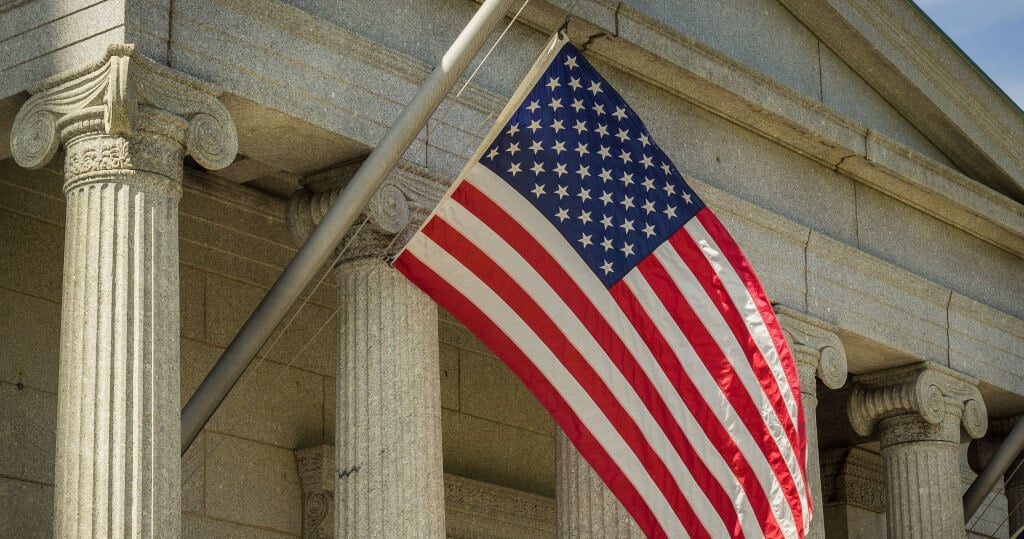
In its wording, scope, and approach, the preamble accomplishes this in a way that distinguishes itself from other documents of the era.
It draws its inspiration and authority from those who fall under its domain rather than from a foreign king, mythical figure, or deity.
While the Founding Fathers had no idea how “perfect” their union would be, they hoped that their efforts would ensure a better environment for themselves and their era, in which they were successful.
Who Are “We The People”?
While it may be surprising to learn that the delegates to the Constitutional Convention were not directly elected, each state then ratified the Constitution once completed by a directly elected convention in each state.
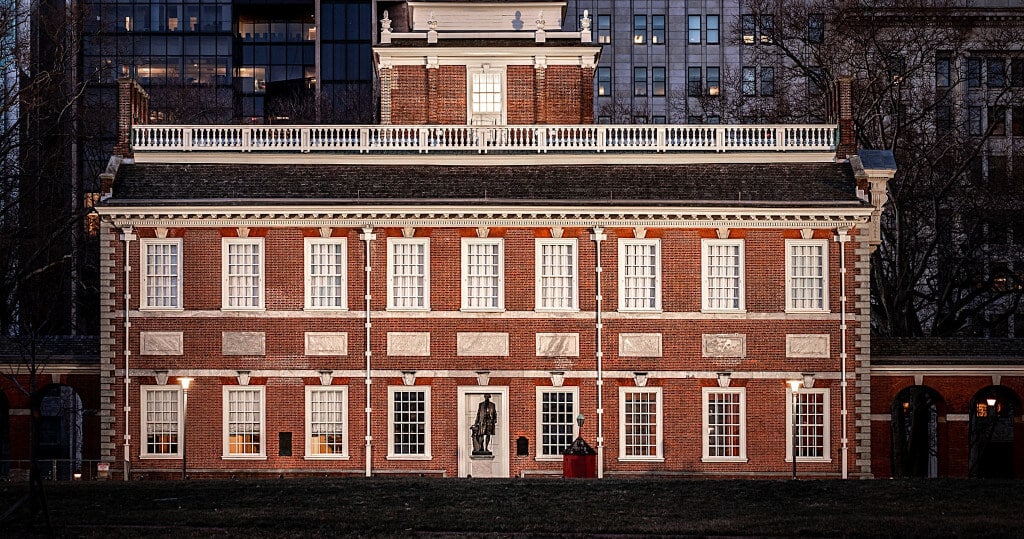
Setting in motion what would become the bedrock of liberty and common defense for many years to come, the preamble and seven articles of the Constitution put forward the federal system that would allow a perfect union to take shape.
The preamble is essential for putting the Constitution on a trajectory that would later grow into one of the most revered legal documents in modern times.

Get Smarter on US News, History, and the Constitution
Join the thousands of fellow patriots who rely on our 5-minute newsletter to stay informed on the key events and trends that shaped our nation's past and continue to shape its present.
Confederation, Union, and Federation
While the constitution establishes a federal form of a national government, powers are delegated to people and states rather than a central, all-powerful bureaucracy.
In this sense, it can accurately be considered a union in a republic, as power is distributed evenly amongst people and states.
This approach helped create a foundation for the vision that the Founding Fathers, such as George Washington, Alexander Hamilton, James Madison, Gouverneur Morris, and John Jay, hoped to create. That being one nation, indivisible, with liberty and justice for all.
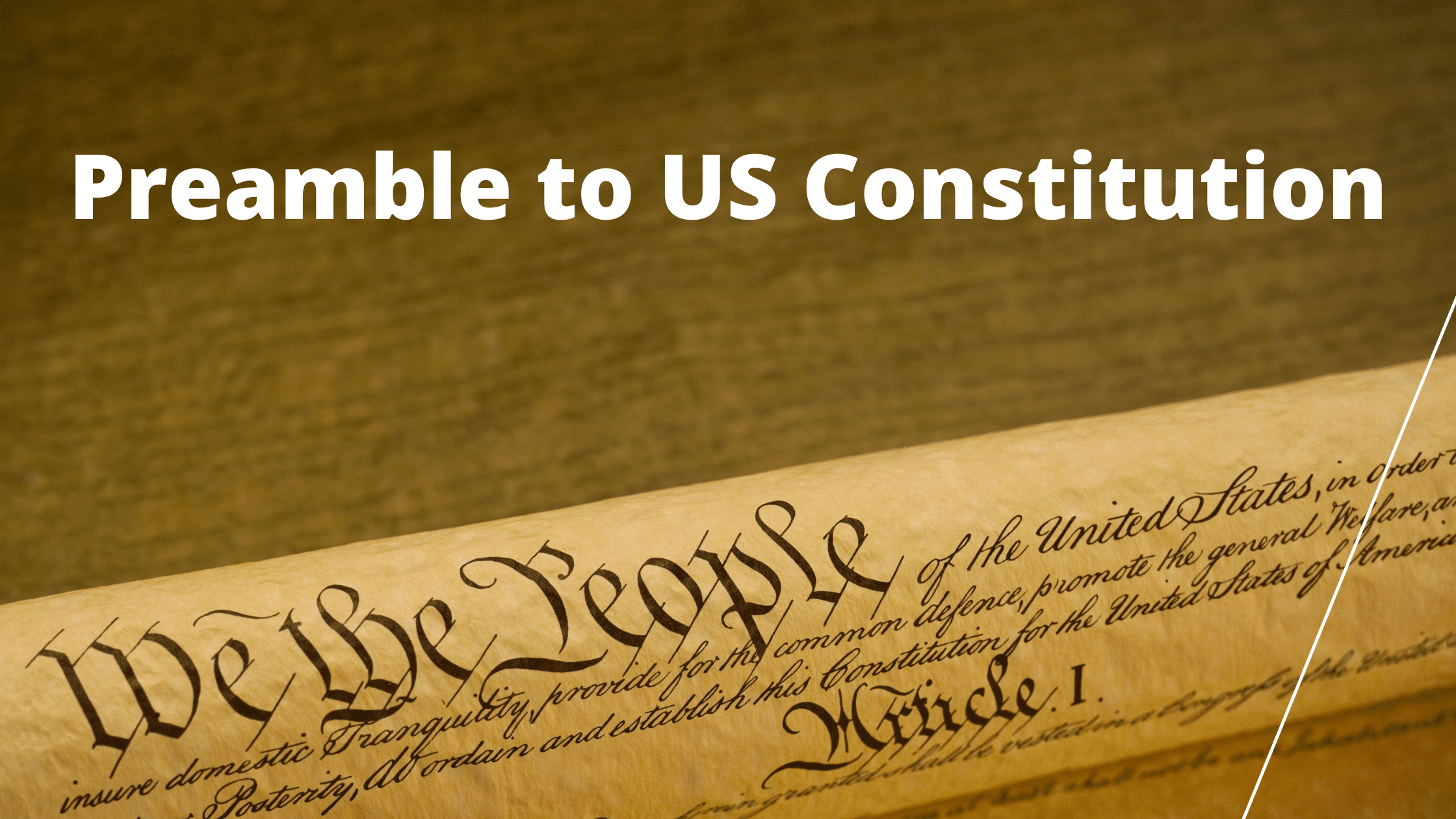

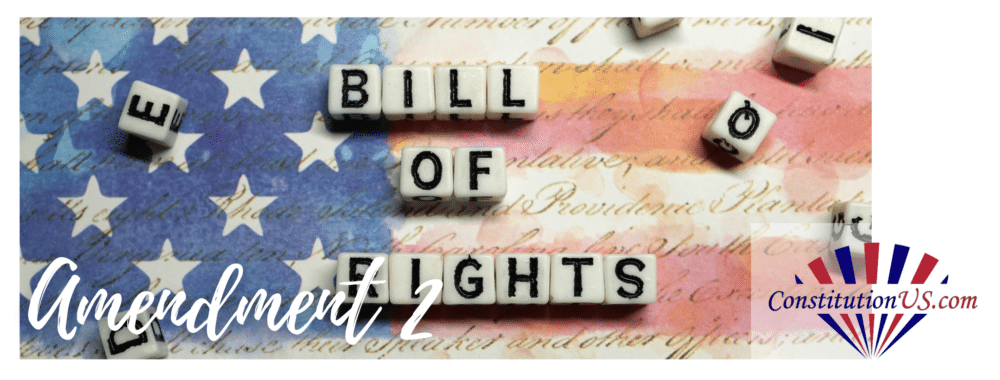
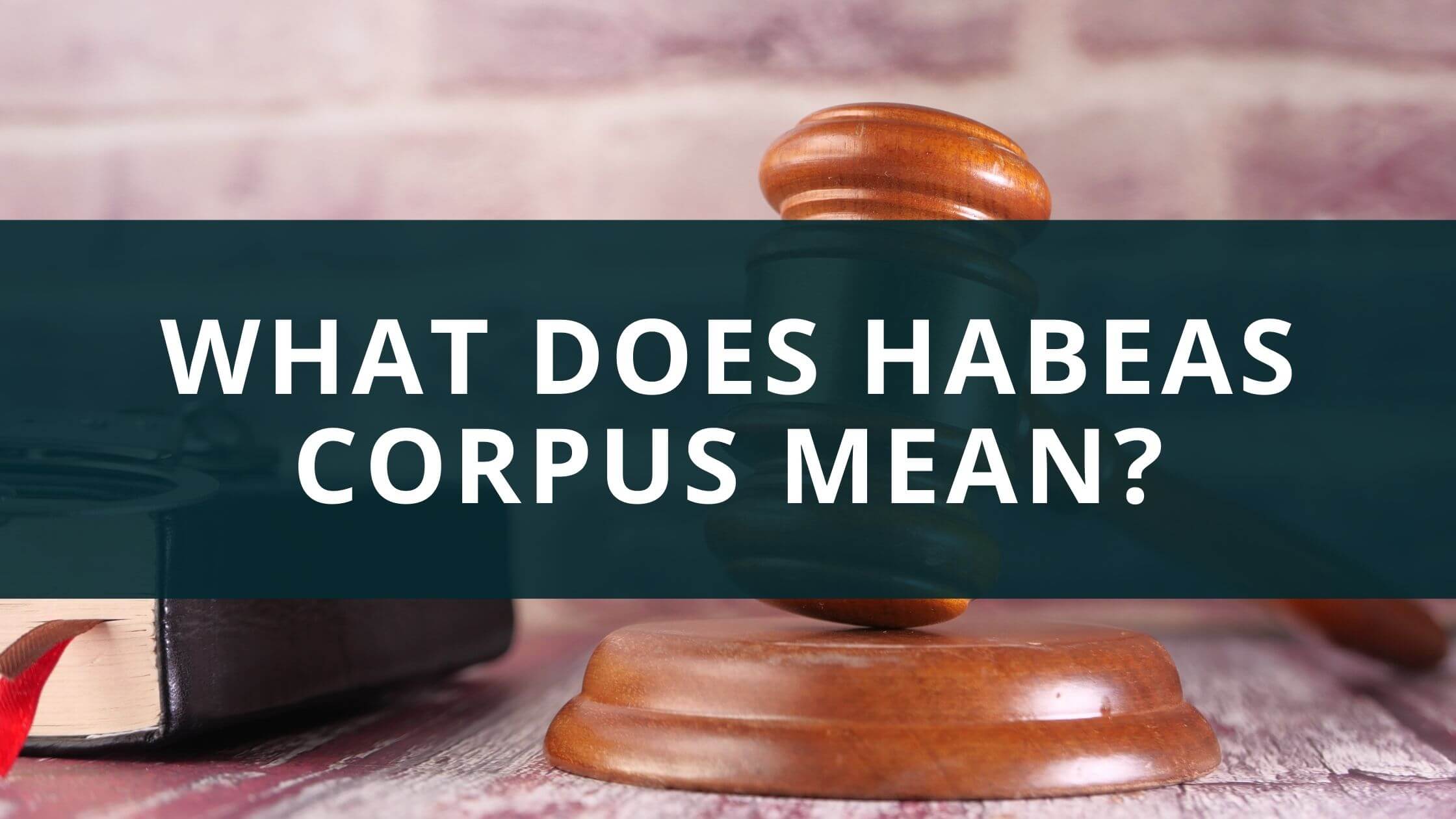








One Response
The words in the Preamble, “…to ourselves and our Posterity…” establish the principle of jus sanguinis as one of the two means of acquiring citizenship in this Republic. The other of course, is naturalization. Thus, the 14th Amendment can only be declaratory of these two conditions set forth in the Constitution.